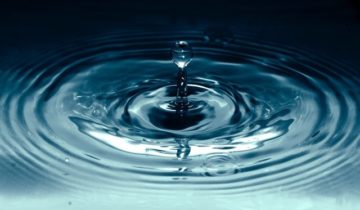
#8 Water consumption
Share
#8 Eco-tips, water consumption
Through this series of articles, we will offer you each week insight into the ecological impact of clothing production around the world. With LO NEEL, we are committed to the planet, our Mother Earth which welcomes and shelters us. We refuse to participate, directly or indirectly, in its pollution, degradation and destruction.
It seemed important to us to denounce abusive practices but also to propose lasting solutions on a daily basis. We hope this information will give you a better understanding of the underbelly of mass production in the fashion industry.
The LO NEEL team also supports you in raising individual ecological awareness, by offering each article in this series eco-tips to follow on a daily basis. By following them, this will allow you to behave and consume more healthily and ethically.
Here is eco-tip #8!

750 million people around the world do not have access to drinking water.
200 tonnes of treated water are needed to dye one tonne of clothing.
1.5 billion liters of water are consumed by the fashion industry each year.
Solution: Choose clothing made from fibers that require very little water to produce, such as recycled or organic fibers



Cotton is one of the textile materials that consumes the most water. As a result, its production requires a very large quantity of water. Through the prism of several LO NEEL pieces, we wanted to show that it is entirely possible to do without industrial cotton while having superior quality clothing. Indeed, our AMI shirt and our AVIKA dress are both made from organic cotton. Producing organic cotton requires much less water than producing cotton industrially. In addition, organic cotton is softer in contact with the skin. Thanks to this method of production, we have obtained the GOTS label.


In your daily life, there are several possibilities to reduce your water consumption. It is advisable to take short showers rather than baths. Using a dishwasher uses ten times more water than washing dishes in a full sink. During periods of drought or very hot summer, do not water your lawn or your plants so as not to unnecessarily deplete water reserves. This could endanger groundwater. It is important to leave water reserves to the farmers who need them most.
Finally, we advise you to ban the use of makeup remover pads. Their production pollutes enormously and they are only for single use. Choose cotton pads made from washable fabrics that can be reused many times. You will thus drastically reduce your waste and your consumption by making a gesture for the planet!
